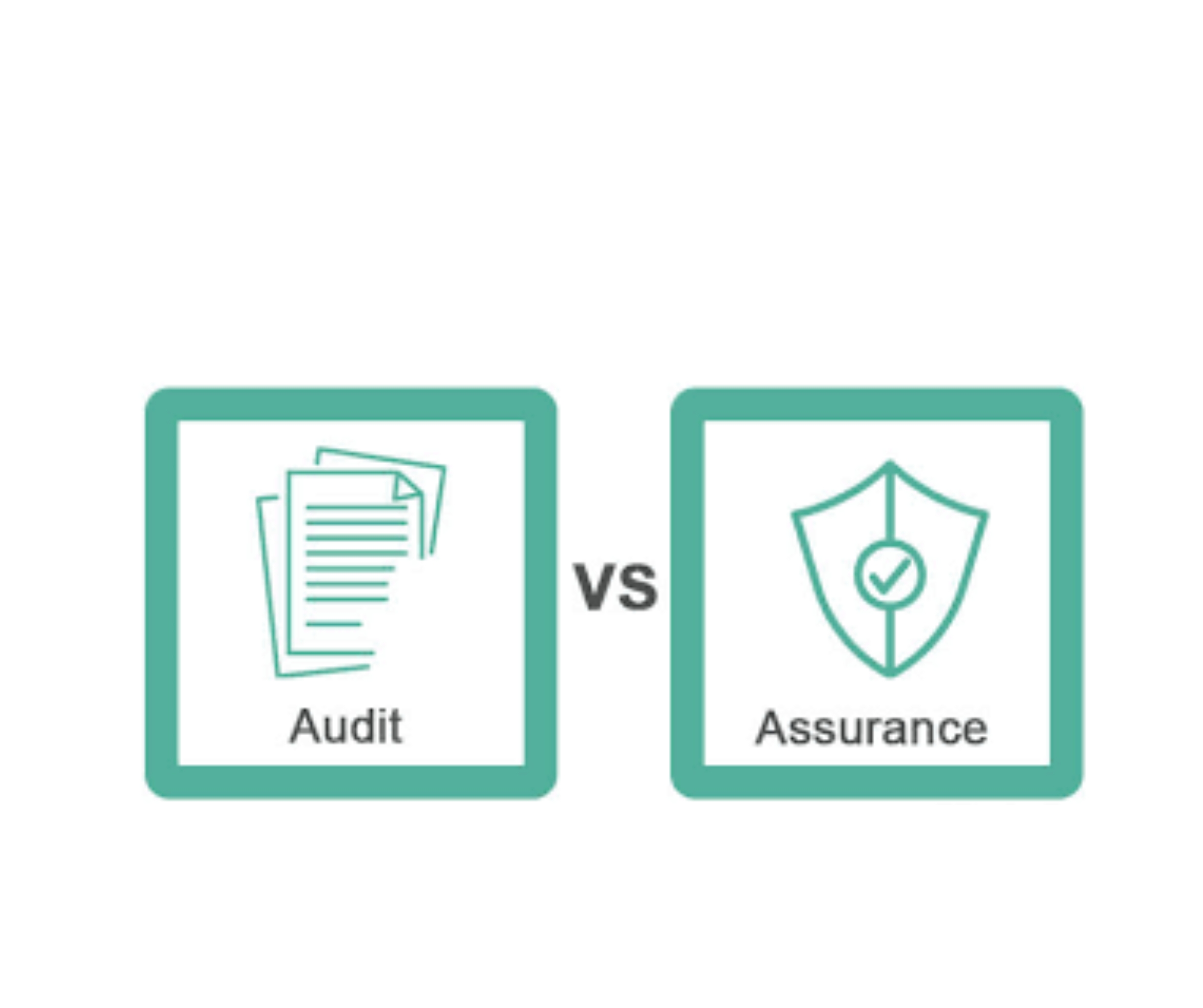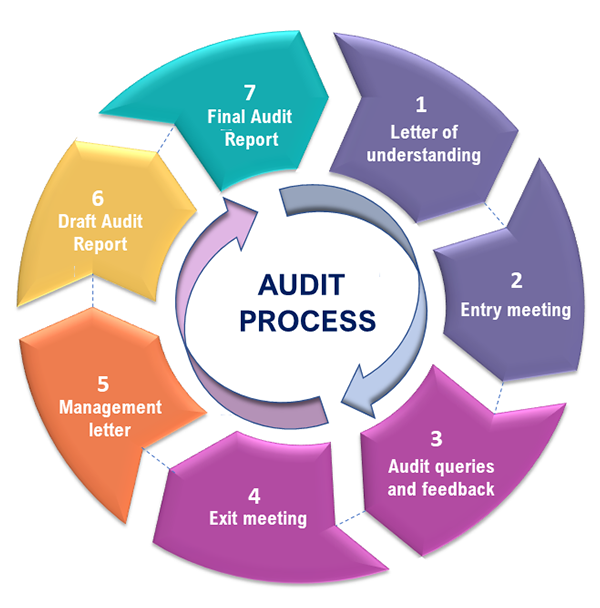16.21 Audit and Assurance: Is assurance is audit?
Audit and Assurance Audit and Assurance are related concepts but are not the same thing. Assurance is a broader term that encompasses various activities aimed at providing confidence to stakeholders regarding the reliability, accuracy, and compliance of information. It involves evaluating and expressing an opinion or conclusion on a subject matter, which could be… Read More »








